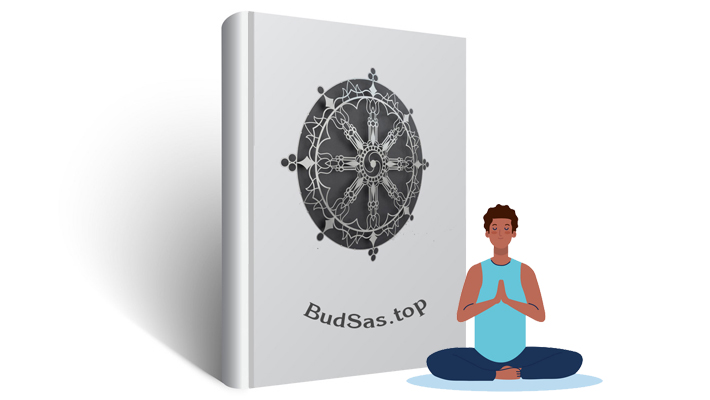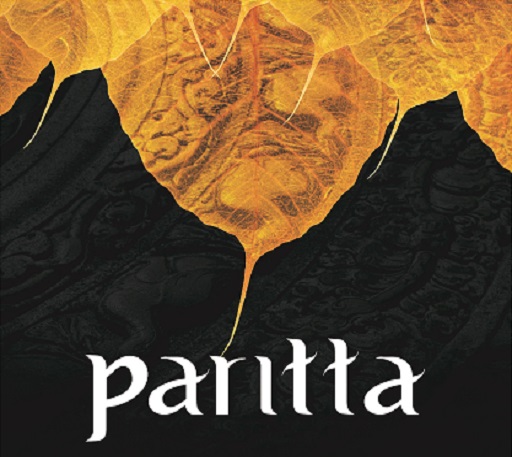No. 369.
MITTAVINDA-JĀTAKA. 1
“What was the evil,” etc.—This story the Master whilst living at Jetavana told concerning an unruly Brother. The incident that led to the story will be found in the Mahāmittavinda Birth.
Now this Mittavindaka, when cast into the sea, showed himself very covetous, and going on to still greater excess came to the place of torment inhabited by beings doomed to hell. And he made his way into the Ussada hell, taking it to be a city, and there he got a wheel as sharp as a razor fixed upon his head. Then the Bodhisatta in the shape of a god went on a mission to Ussada. On seeing him, Mittavindaka repeated the first stanza in the form of a question:—
What was the evil wrought by me,
Thus to provoke the curse of heaven,
That my poor head should ever be
With circling wheel of torture riven?
[207] The Bodhisatta, on hearing this, uttered the second stanza:
Forsaking homes of joy and bliss,
That decked with pearls, with crystal this,
And halls of gold and silver sheen,
What brought thee to this gloomy scene?
Then Mittavindaka replied in a third stanza:
“Far fuller joys I there shall gain
Than any these poor worlds can show.”
This was the thought that proved my bane
And brought me to this scene of woe.
The Bodhisatta then repeated the remaining stanzas:
From four to eight, to sixteen thence, and so
To thirty-two insatiate greed doth grow.
Thus on and on thou, greedy soul, wert led
Till doomed to wear this wheel upon thy head.
So all, pursuing covetous desire,
Insatiate still, yet more and more require:
The broadening path of appetite they tread,
And, like thee, bear this wheel upon their head.
p. 137
But while Mittavindaka was still speaking, the wheel fell upon him and crushed him, so that he could say no more. But the divine being returned straight to his celestial abode.
[208] The Master, his lesson ended, identified the Birth: “At that time the unruly Brother was Mittavindaka, and I myself was the divine being.”
Footnotes
136:1 See Nos. 41, 82, 104, vol. i., and Divyāvadāna, p. 603.

![[PDF] The book of the Discipline – Vinayapiṭaka – The full 6 Volumes](https://en.namo84000.org/wp-content/uploads/2023/12/The-Book-of-the-Discipline-Vinaya-Pitaka.jpg)


![[En] Guide to Tipitaka](https://en.namo84000.org/wp-content/uploads/2021/10/Kinh-Phat-Quan-trong-2.jpg)